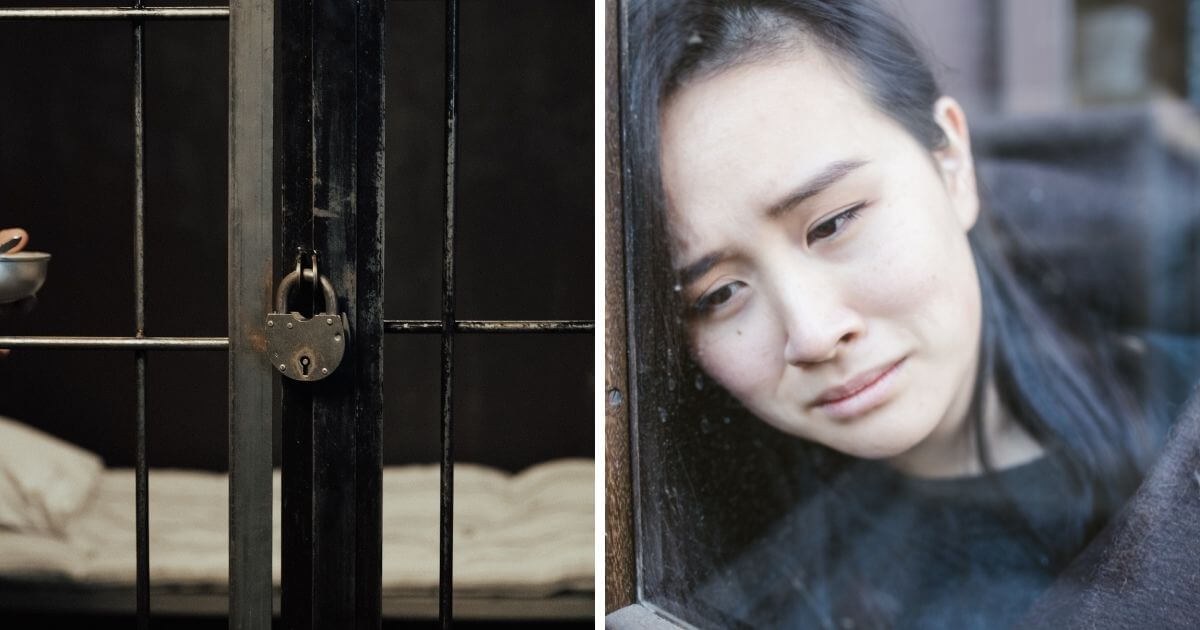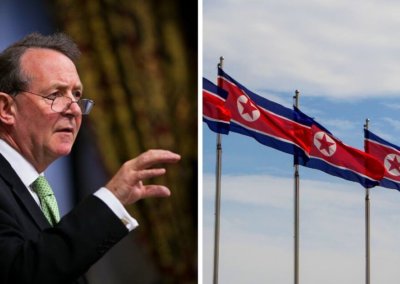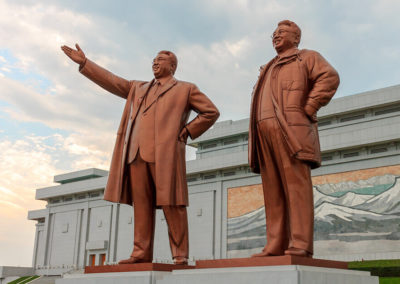Warning – this article contains information that some readers may find distressing.
Defectors from North Korea report that forced abortions and infanticide are among the many human rights violations that take place in the country, with forced abortions taking place as late as 8 months gestation.
Korea Future, a non-profit that investigates human rights abuses in North Korea, has helped to collate the experiences of more than 200 people who have managed to escape the dictatorship in North Korea.
The co-director in Seoul, Suyeon Yoo told the BBC that the prison system, and the violence within it, was being used to “suppress a population of 25 million people”.
“In every interview we conduct [with a North Korean defector], we witness how this has impacted human lives. One interviewee cried as she recounted witnessing the killing of a newborn baby”.
In addition to the multiple reports of rape and sexual assault that took place while detained by North Korean authorities, survivors told Korea Future that they were forced to undergo abortions. In one instance in North Hamgyong Provincial Holding Centre, one escapee witnessed another detainee being forced to have an abortion while she was 8 months pregnant. She reported that the baby survived the abortion, but was then drowned in a basin of water.
Forced abortion and infanticide
Reports of forced abortions and infanticide in North Korea have been coming out of the region for years. In a United Nations Human Rights report, 100 women shared ‘heartbreaking’ first-hand accounts of the suffering they and their babies have suffered while in North Korean detention centres.
Researchers found abortions were routinely conducted without the consent of the women detainees and often through violence.
Additionally, they were told about “the killing of new-born babies and the death of women due to lack of medical assistance”.
‘No medical attention’
In one tragic incident of infanticide, one woman’s baby was killed by officials after surviving a forced premature delivery. The mother reportedly died one week later because she had not received any medical assistance.
The eyewitness account states: “She was taken out of the holding centre and given an injection to make her miscarry. I saw her giving birth with my own eyes… I heard crying, but then the baby was placed face down, wrapped in plastic and taken out of the cell by a prison guard… No medical attention was given [to the mother]. She died after a week or so”.
Left to die in the cold
In another incident, one woman told researchers she may have witnessed a baby left to die in temperatures well below freezing after officials had tortured her heavily pregnant mother to induce premature labour.
She said: “The guards put bricks on her back, and forced her to walk around. She had to walk with the bricks every day for a week or so. She eventually gave birth. The baby was alive when born. I was told to wrap the baby and put it outside. The woman had to work the following day”.
The witness did not see what happened to the baby, but believes the baby may have been left to die in sub-zero conditions during North Korea’s winter.
Right To Life UK spokesperson, Catherine Robinson, said: “The barbarity being reported in North Korea is shocking. Forced abortion is not restricted to North Korea, however, and is a barbaric practice that we must work to end, wherever it happens”.












